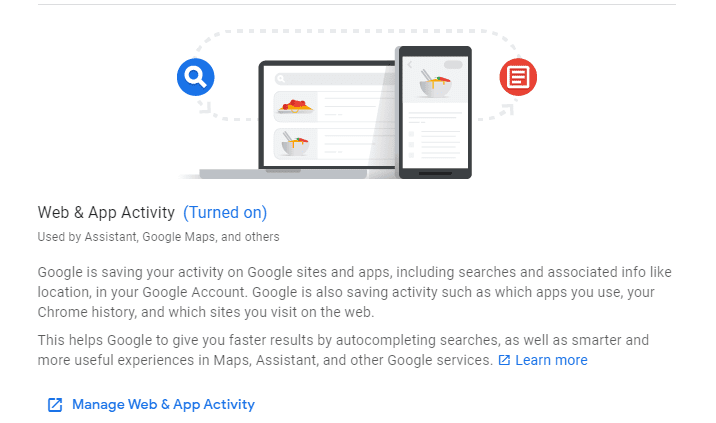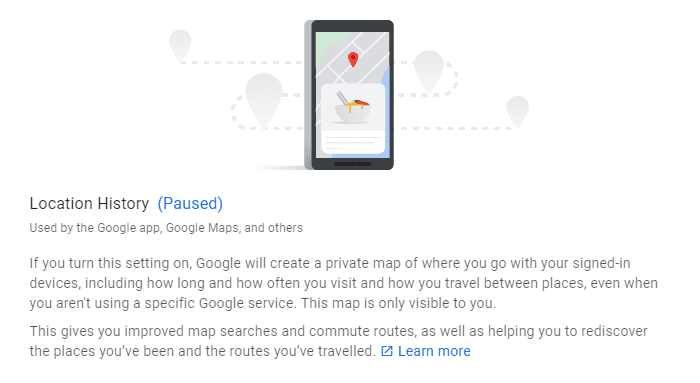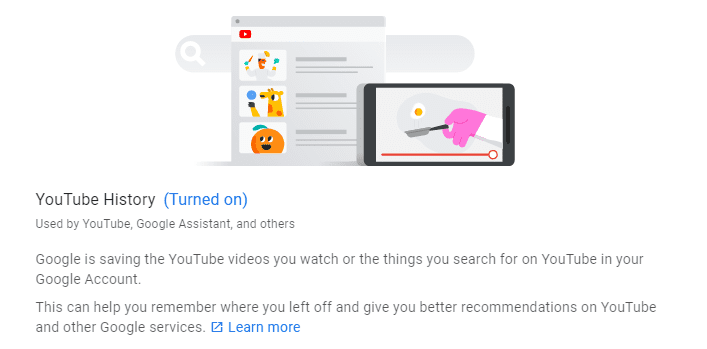Well, if a big tech company like Google wants you to do a regular check-up to protect your information online, then there is something wrong going on.
Google has recently announced their new privacy policy incorporating voice control devices that really changes the way user’s personal information is being stored online. In light of these policy changes, Google has sent out emails recently, asking users to go through Google’s latest “key privacy settings step-by-step to help you choose what’s right for you.”
This has raised a lot of privacy concerns on the internet, even so, most security experts have recommended users to get a VPN and avoid getting their user data being harvested by big tech companies. There are multiple VPNs out there. NordVPN is a good option to go for. To find out if it’s worth getting, read the detailed NordVPN review.
Google’s Privacy Checkup
If you didn’t receive this email, you can always go to Google’s Privacy Checkup page and get started. Before we go into details, let’s see what this Privacy Checkup is all about. It basically includes three parts:
- Web and App Activity
Google, just like other big tech companies, tracks pretty much everything that users do online. But, if you take a closer look, you can see the volume and extent of the information that is being collected and mined. Just to give you an idea, Google collects information like the sites you visit, what you have searched for, your location, apps you download, and more. This is just the information that Google has officially claimed to collect, and the rest is still in the dark.

Now, you must be thinking, “what if I just turned it off?” Well, you cannot turn Web & App activity off; you can only pause it for a while. While turning it off completely is out of the way, you can enable the auto-delete feature or you can choose to have your data and online activity on Google to be deleted after 3-18 months.
- Local History
Well, Google does not only know what you do online, but it also knows everything you do offline. If you have the Location History feature enabled, Google can track places you visit, what you search on Google maps, or its location service. It also stores how long and how often you visit a place. Just like Web & App Activity, you can only pause this feature.

- YouTube Activity
Last up, we have YouTube Activity. It is no news that Google can see the videos you watch and your YouTube search history to recommend things based on your activity. Now, this feature might seem like an intrusion to some and a benefit for some. You can turn this feature on or you can turn it off based on your preferences.

Basically, the benefit of this feature is that when it is turned on, it allows you to go back and watch the videos from your history. Similarly, YouTube uses your previous data to recommend videos based on your liking and watch history. But this convenience comes at a cost: Google can see everything you do online. It does, however, give its users a choice to enable the auto-delete feature that will remove the data after 3-18 months automatically. If you don’t enable this feature, Google will continue monetizing your online data. Therefore, it is essential to know what information is being collected and how it is used by Google.
This has not been the first time a tech company has come forward regarding its stance on user data and privacy. In the past, a team of researchers revealed that when you sync your iPhone, your PC logs user data, particularly regarding your geographical movements which were accessible by Apple. Similarly, NSA also revealed that it collects information (chats, emails, and calls) from Google, Facebook, Microsoft, and Apple. People have trusted tech giants like Google for years with their data and information, but with time these tech companies are proving that they cannot be trusted with user data and information. For now, it is up to users to decide which company they can put their trust in.
These days tech companies are trying to give users more control over their information by providing them with an on/off switch to most apps and software. But these tech giants are so complex that it is almost impossible to verify how much user information is being harvested. Also, we are not living in a privacy-sensitive marketplace. This is one of the main reasons why people have lost trust in big tech companies and have moved to various tools to protect their online privacy, like Virtual Private Networks. Virtual Private Networks have helped users with digital fingerprinting and keep some of their online data private.
This mistrust leads to wariness and users feeling less secure. “Research points to consumers’ growing awareness and the concern they feel about their digital privacy, combined with a sense of helplessness to do anything to protect themselves online,” said Larry Ponemon, privacy, and information security expert. Consumers have started to realize the threat it poses as our lives are increasingly transforming to online platforms. That is why most users are using Virtual Private Networks to protect their IoT devices and their online privacy.
The post Why people don’t trust big tech companies – This Google Privacy Email is a Perfect Example. appeared first on Tweak Your Biz.
Why people don’t trust big tech companies – This Google Privacy Email is a Perfect Example. posted first on https://tweakyourbiz.com/
No comments:
Post a Comment